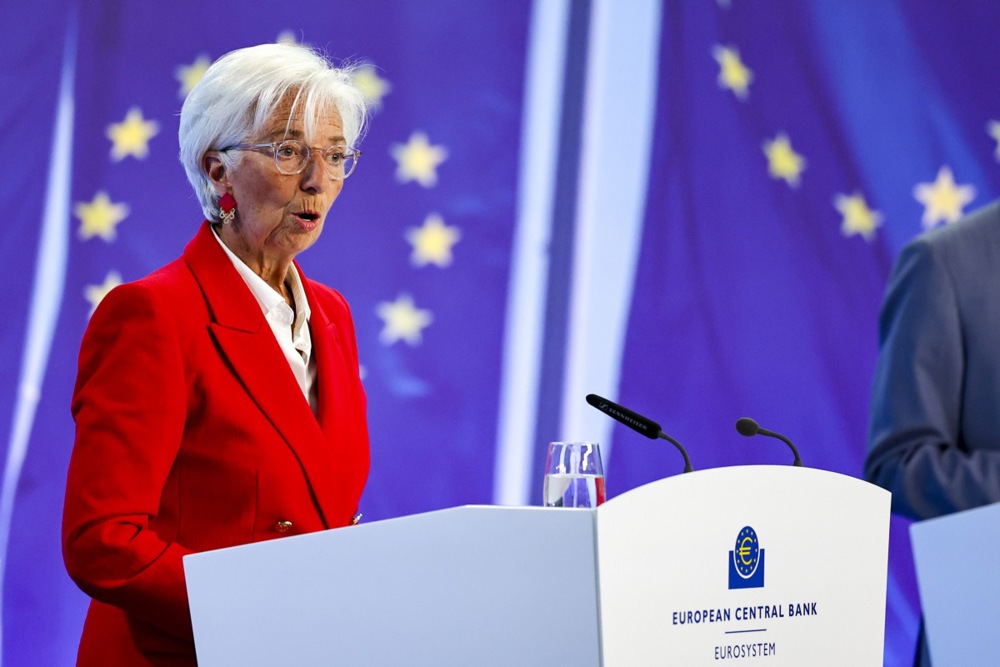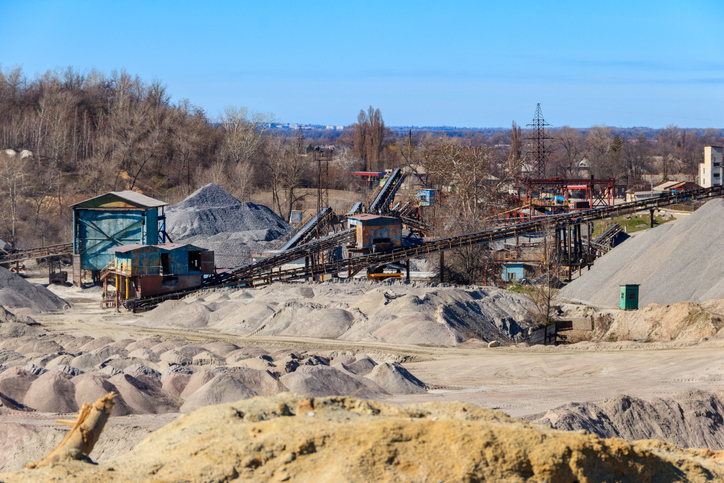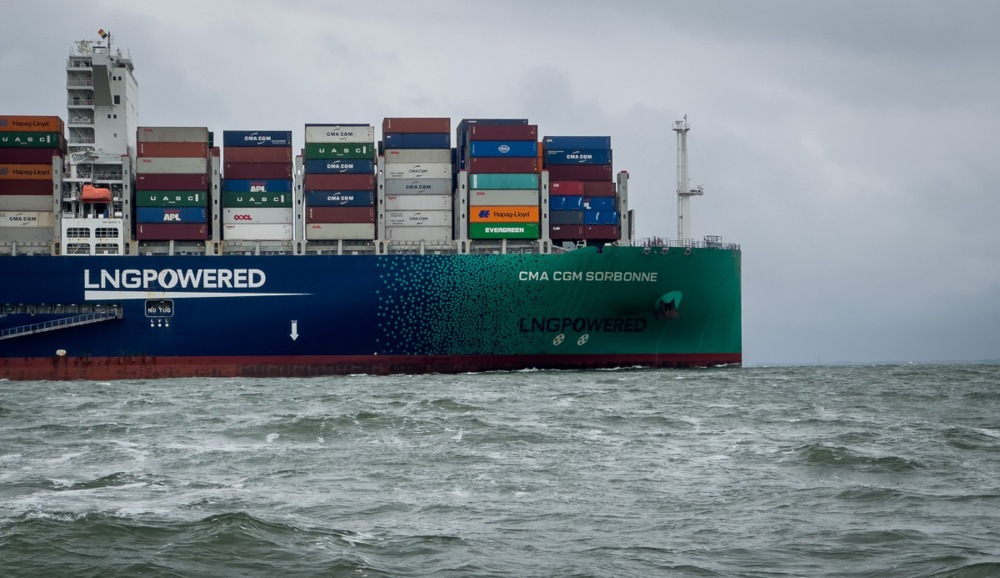China has been driving a global boom in clean energy investment while expanding its coal footprint at home and abroad.
Both the International Energy Agency (IEA) and the European Commission have now publicly flagged this apparent contradiction, calling attention to the growing strategic risks behind Beijing’s “green” dominance.
The IEA said global energy investment was on track to hit $3.3 trillion (€2.8 trillion) in 2025, with $2.2 trillion (€1.9 trillion) going to clean technologies. China alone accounted for more than a third of that, investing heavily in solar, wind and electric vehicles.
It continued to approve new coal-fired power plants, though, adding to what Brussels saw as a widening credibility gap.
Climate Commissioner Wopke Hoekstra said the bloc would continue to push Beijing to align its industrial strength with a climate agenda, when speaking at an economic security conference in Brussels on June 5.
“Its approach to climate action is a mixed bag,” Hoekstra said. “On the one hand, they’re doing an amazing job in electrification and renewable energy investment. That is truly impressive.
“At the same time there is a significant issue with heavily state-subsidised goods out of China flooding the EU marketplace. And China continues building new coal-fired power plants at home and abroad.”
The IEA’s World Energy Investment 2025 report had been published the same day.
Hoekstrae used that and the summit to warn that Europe’s green transition could no longer be separated from questions of industrial policy, market fairness and strategic autonomy.
China’s dominance in clean tech was central to that conversation.
According to the BBC on June 10, China sold 11 million electric and plug-in hybrid cars in 2024, out of a global total of 17 million.
Its brands now accounted for 10 per cent of EV sales outside China and that figure was expectedto grow.
Hoekstra acknowledged this progress but said Europe must not be “at the receiving end” of unfair practices.
“Unfair competition is something we should not allow,” he said.
On June 10, Beijing extended its anti-dumping investigation into European Union pork imports by six months, citing case complexity.
The move was widely seen as retaliation for the EU’s decision to impose up to 45 per cent tariffs on Chinese-made electric vehicles. Brussels argued the tariffs were necessary to counteract State subsidies. China has called them protectionist and warned of “necessary measures” in response.
The dispute over EVs was now playing out in parallel talks between Trade Commissioner Maroš Šefčovič and Chinese commerce minister Wang Wentao.
Discussions held in Paris have focused on alternatives to tariffs, including a minimum price model for Chinese EVs entering Europe. The proposal would aim to preserve competition while addressing market distortions.
The EU’s unease went beyond economics.
Western governments have raised security concerns about Chinese-made EVs, citing risks from hacking and data access.
Hoekstra did not reference these directly but spoke more broadly about what he called “the responsibility of something way too important” being handed to others — an apparent reference to Europe’s past reliance on Russian gas.
“You cannot do politics without considering security,” he said.
He also questioned the credibility of China’s continued coal expansion. “The narrative is that these coal plants are back-up capacity,” he said.
“My question to the Chinese interlocutor is: Really? Is it conceivable that you first build these plants in rural areas, that you then equip people and that you then treat these plants as a museum? That is highly unlikely.”
Underpinning the tensions was Beijing’s “Made in China 2025” industrial strategy, which funnelled State funds into sectors including EVs and batteries.
Critics, particularly in the US, said the plan relied on forced technology transfers and IP theft, allegations China denied.
The strategy, though, helped power the rise of Chinese EV makers firms including BYD, as well as the global reach of Chinese-owned brands such as MG and Volvo.
Despite the criticism, Hoekstra struck a cautiously optimistic tone on diplomatic engagement.
“With China … I’ve been too worn out in international politics to think that diplomacy can make deep changes in mechanisms that have been in place for years,” he said.
“But I am more optimistic. We can say, ‘What more can you do in electrification?’ in looking for common ground.”
He also used the IEA report to press a broader message: Clean tech policy was no longer just about sustainability.
“We are under-investigating in innovation, tech, AI,” he said. “We gave [Russia] the responsibility of something way too important.”
For Hoekstra, the energy transition now ran straight through diplomacy, trade and defence.
The IEA’s report supported that view. Although climate goals remained central, it framed 2025’s record investments as also driven by energy independence, industrial rivalry and post-Ukraine security concerns.
Clean energy has become, in Hoekstra’s words, “a fast-growing, very promising, and I would even say, sexy, sector,” but he added it was also a battleground amid the current geopolitical tensions.





